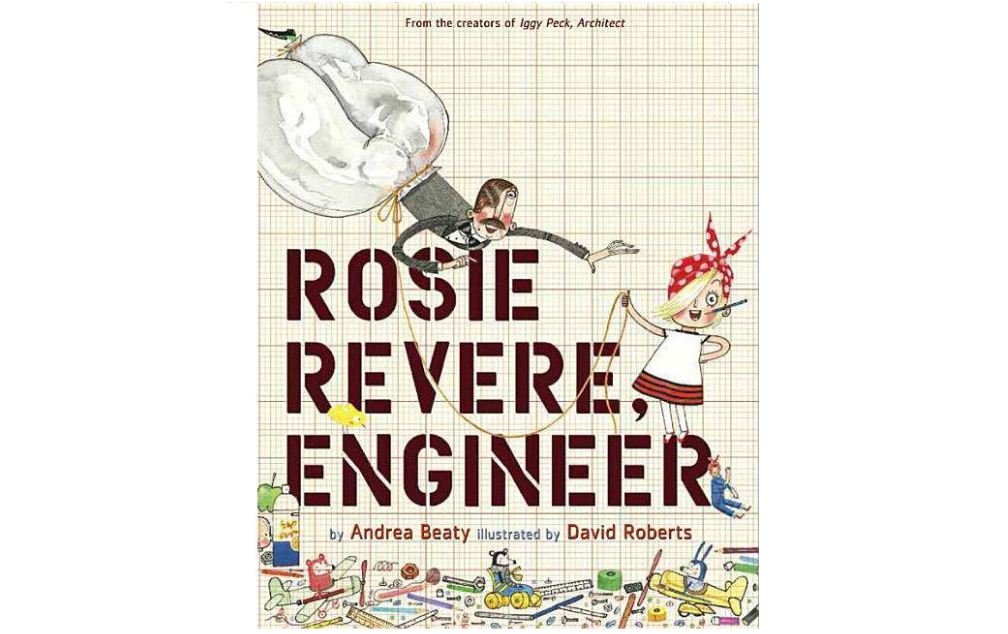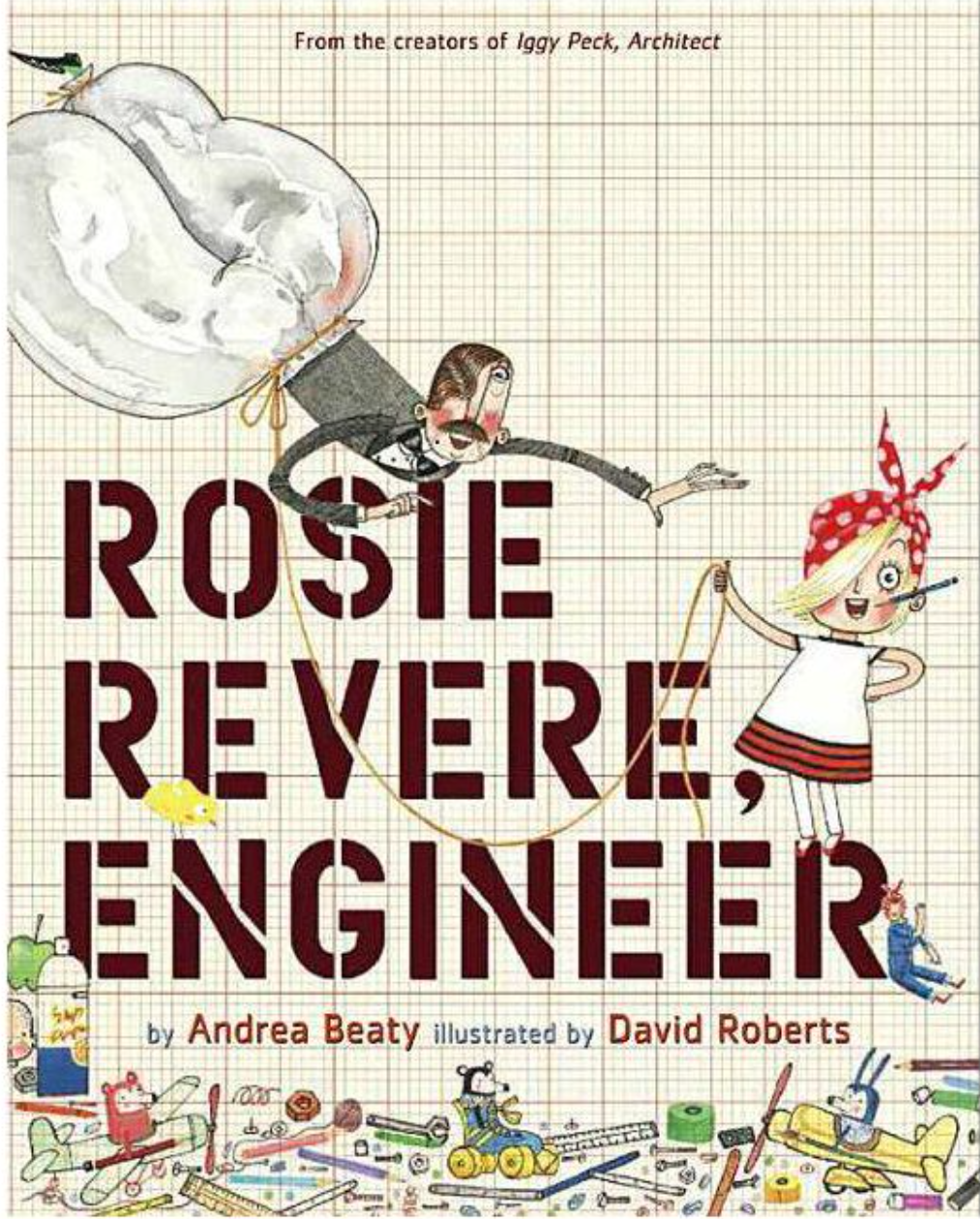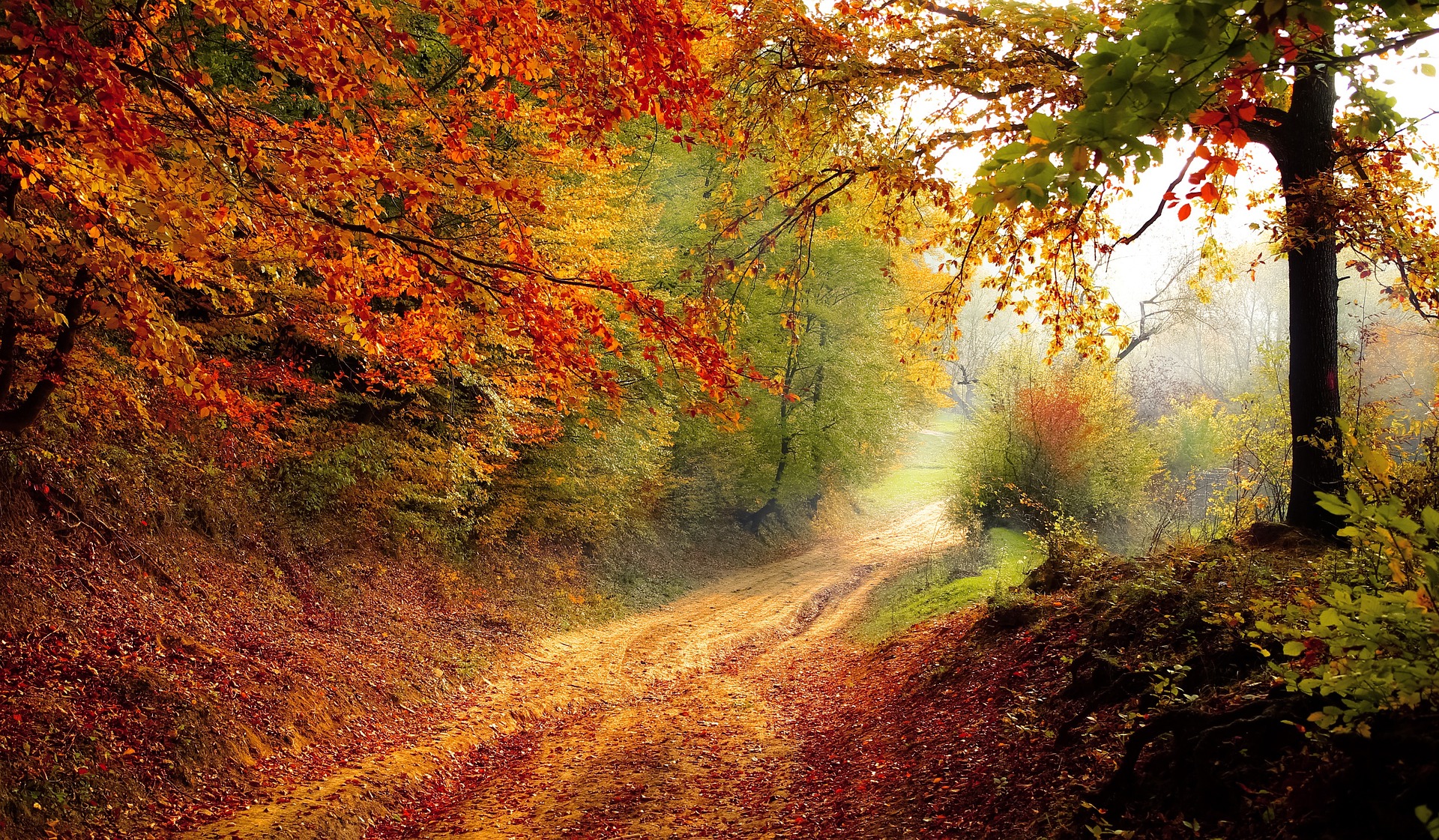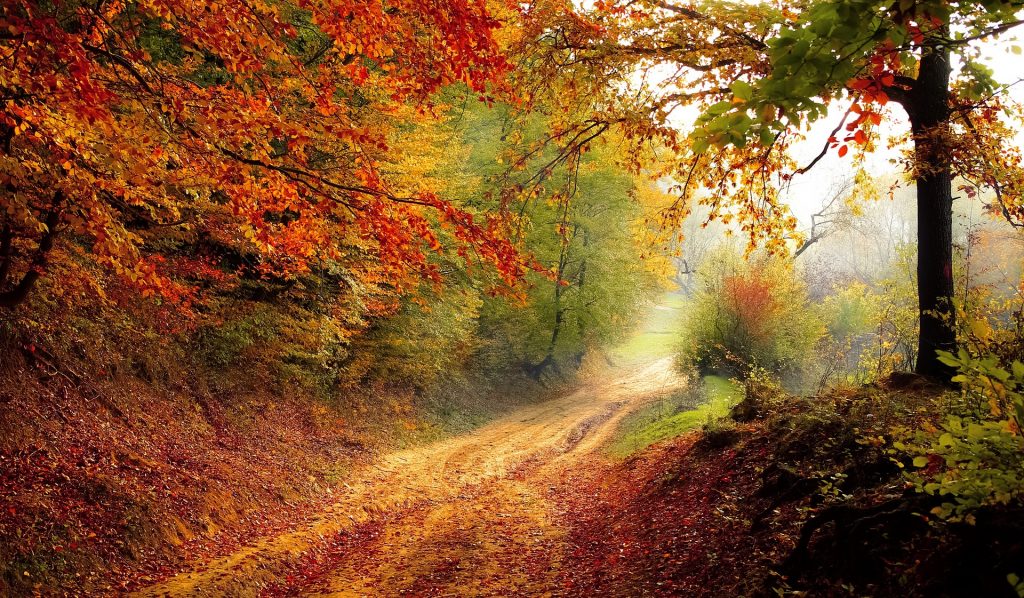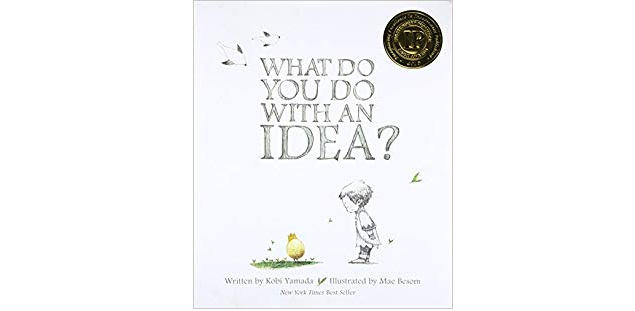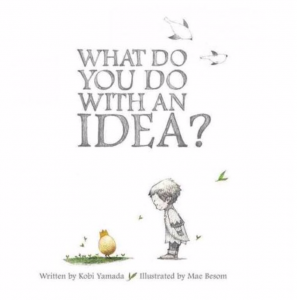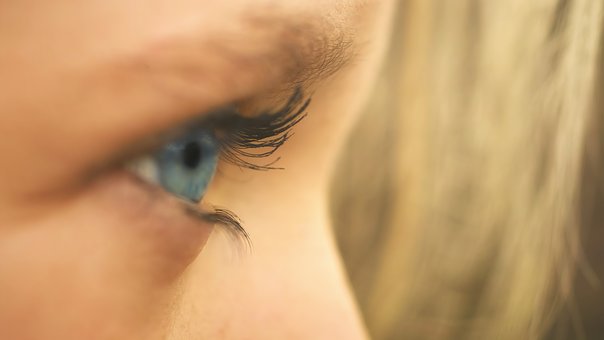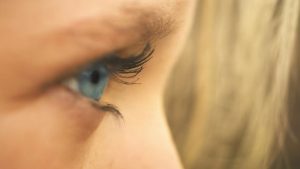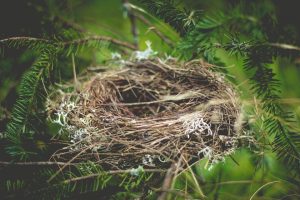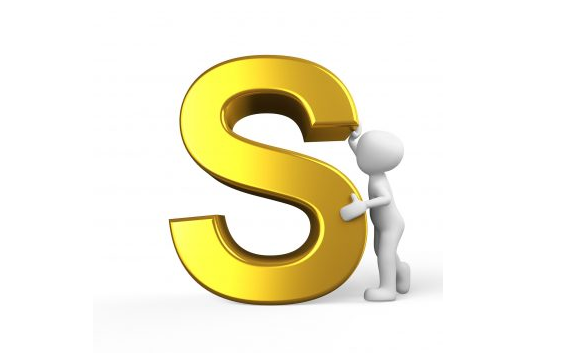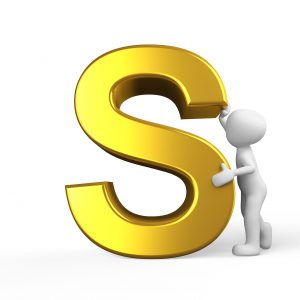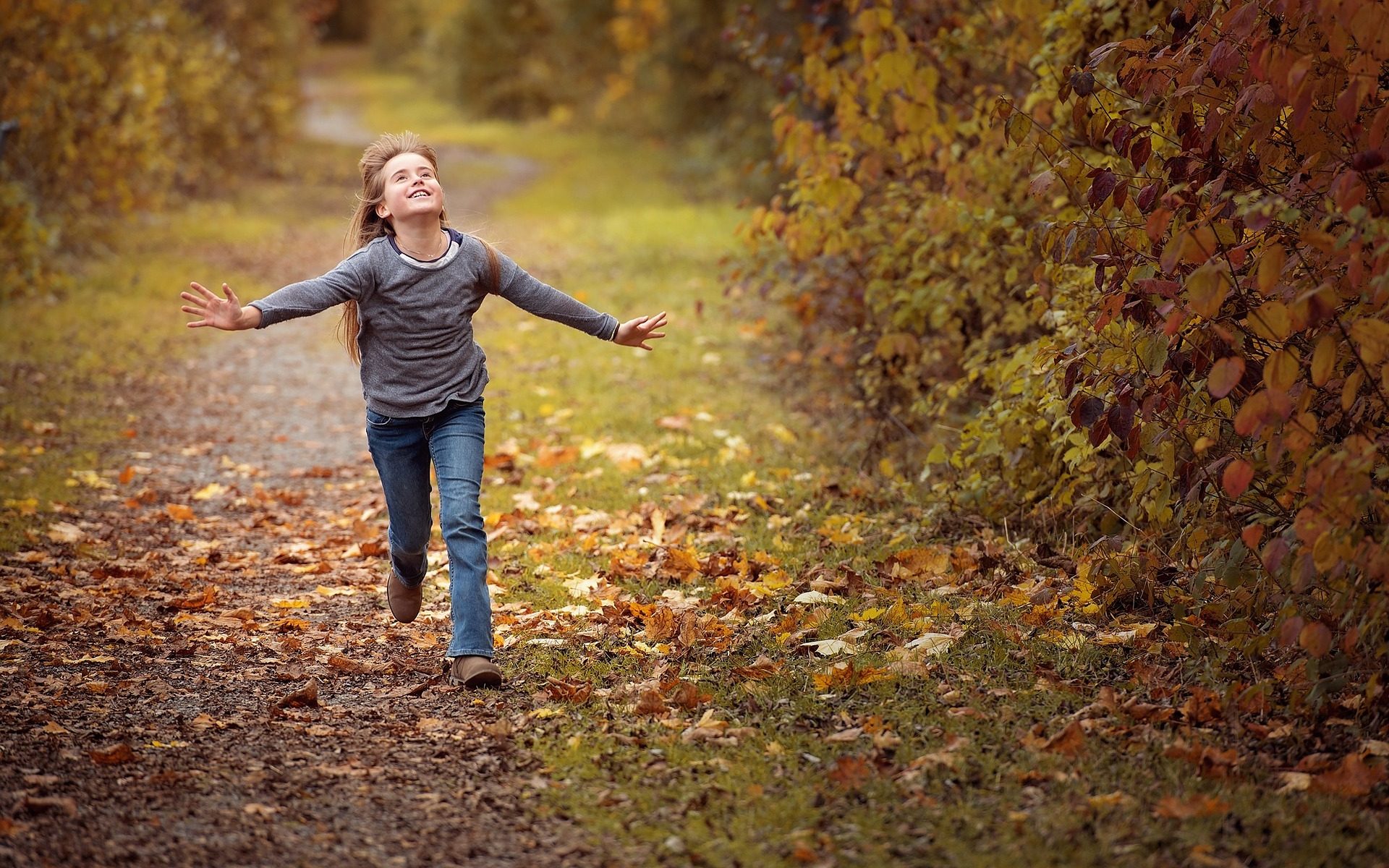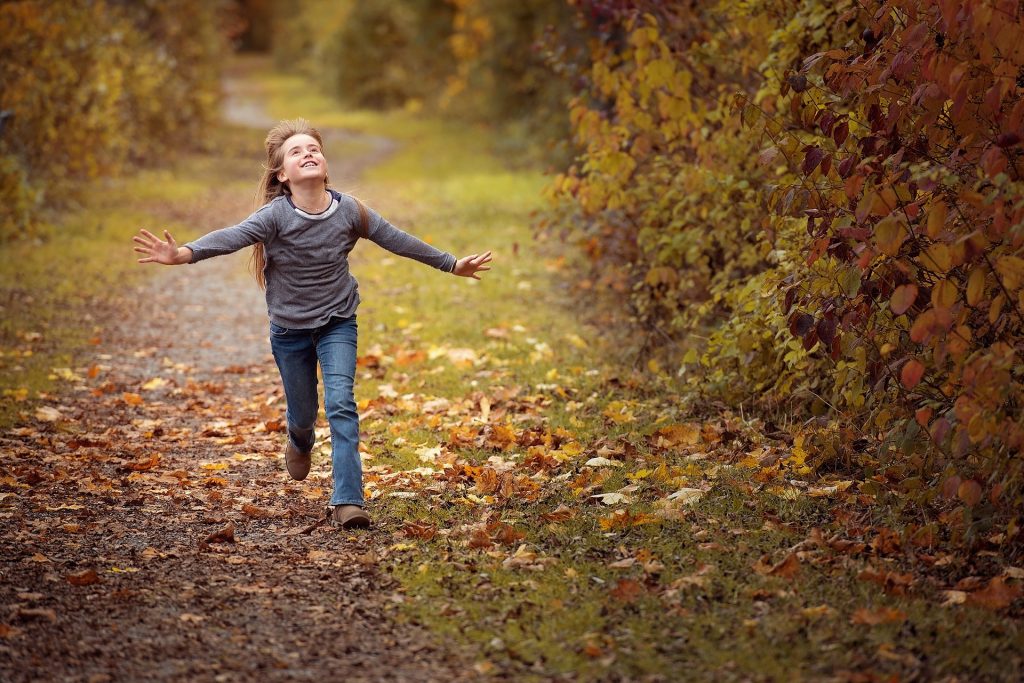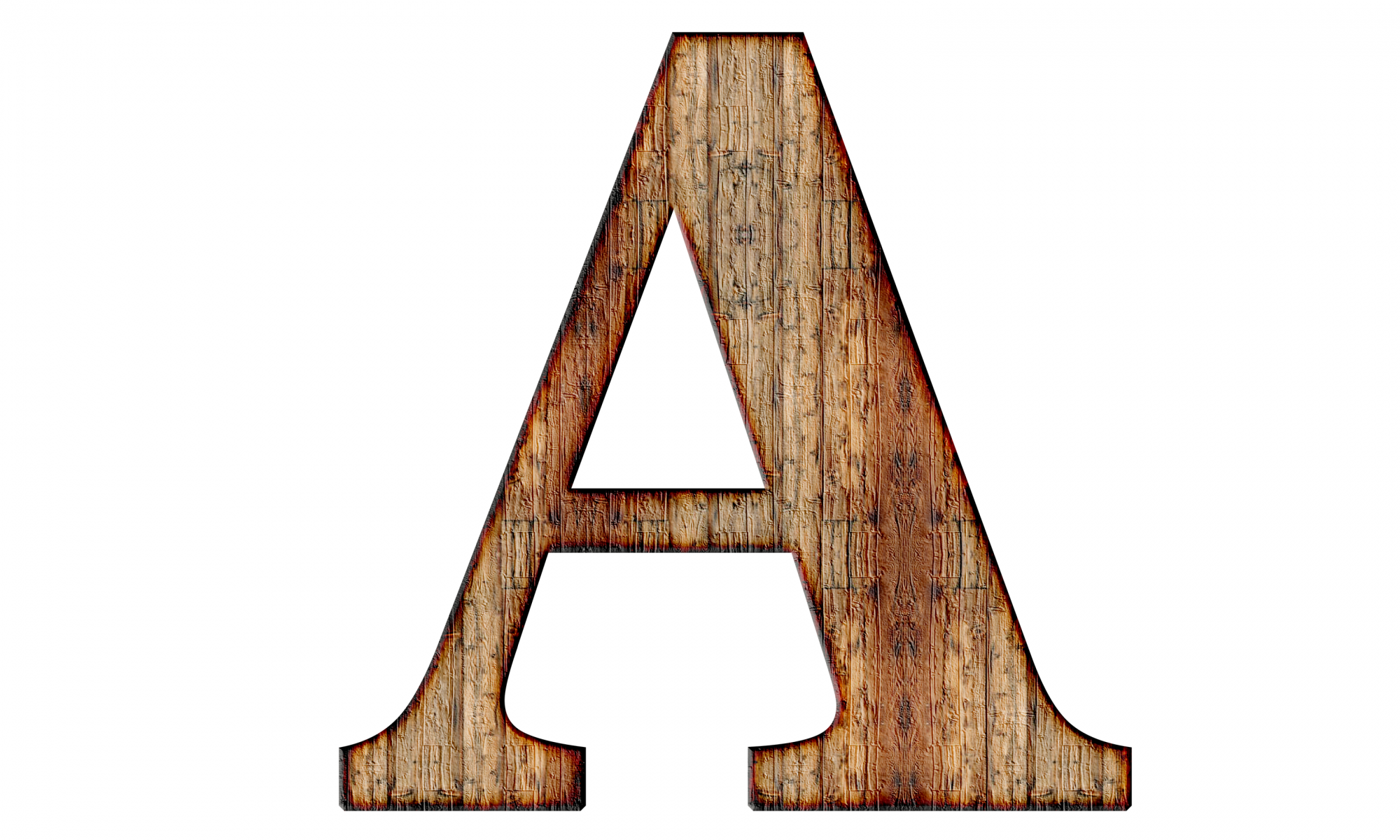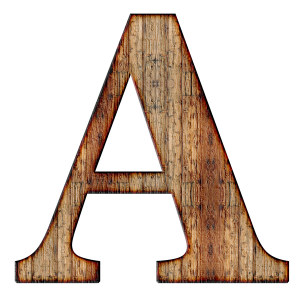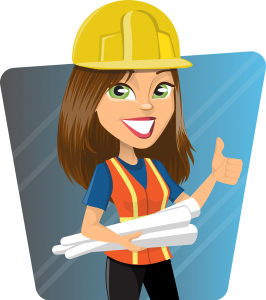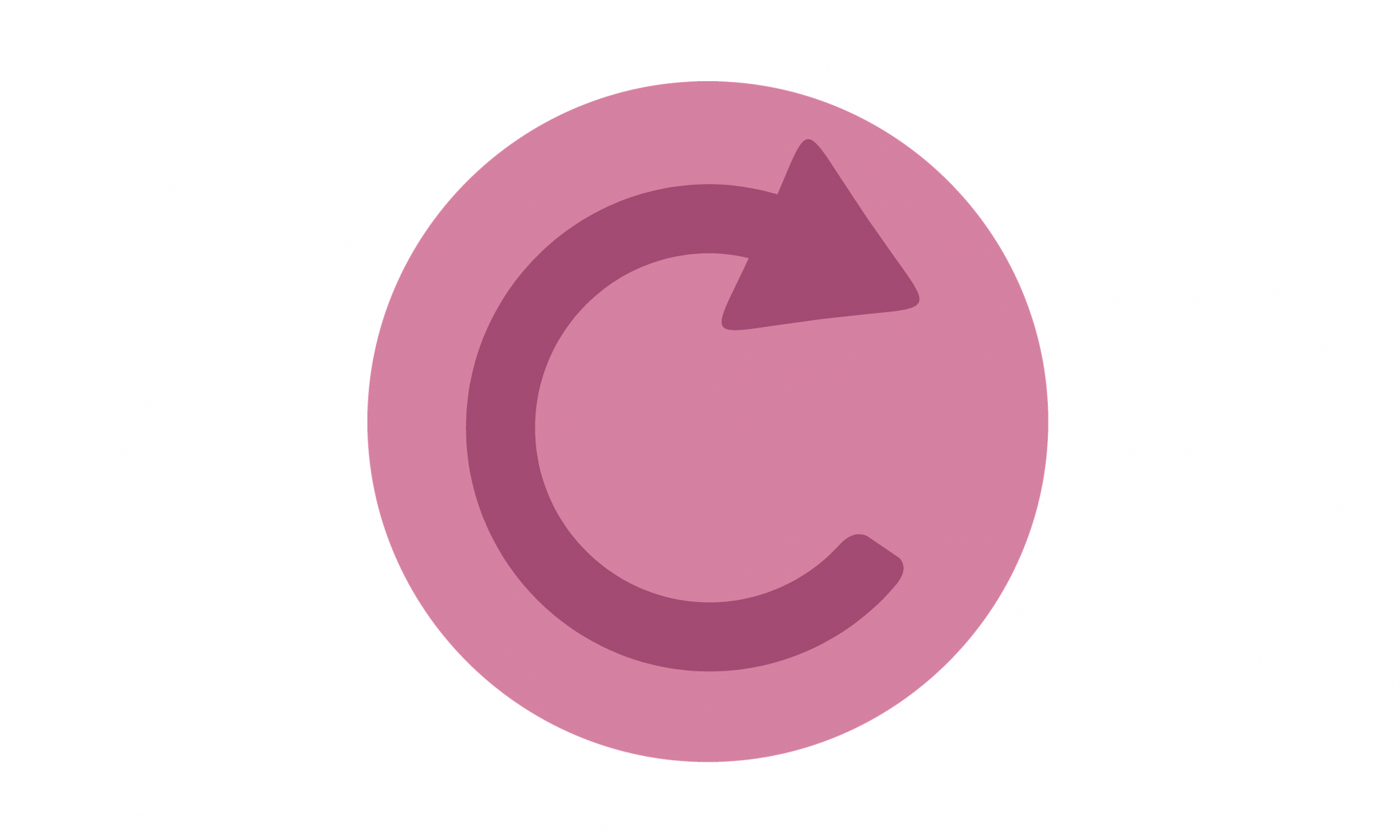Author: Andrea Beaty
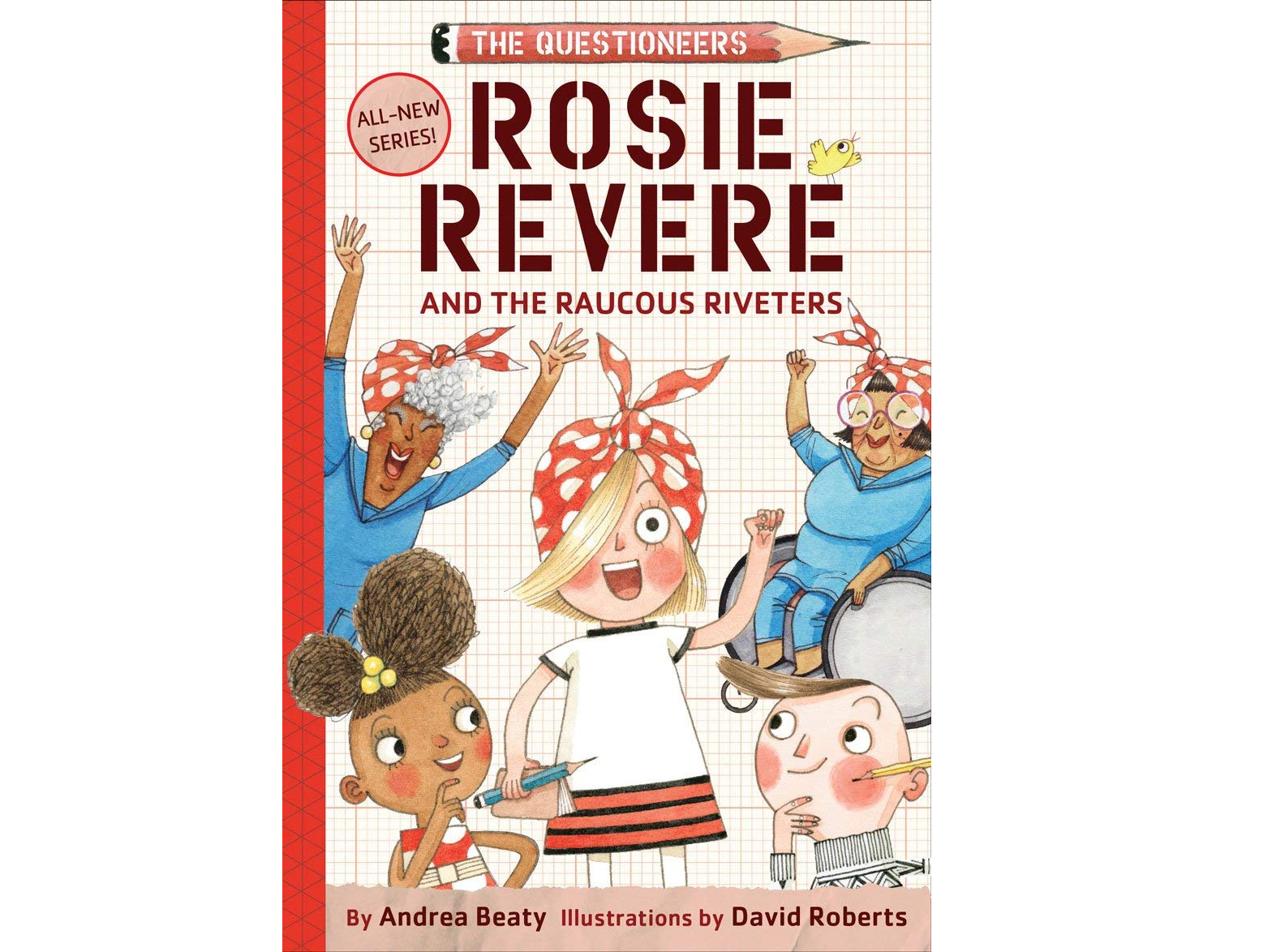
Think as you read:
Let’s talk about Rosie’s lab journal. Why did she write things down and how did that help her design process?
Aunt Rose tells Rosie to “stop and think differently.” Why is this important advice for an inventor and scientist?
In the story, Rosie helped someone she didn’t even know. Describe examples of other inventions that help people every day.
In Chapter 9, Rosie considers how to fix part of her Paintapalooza by asking herself questions. What are some questions that can lead to creative solutions? (Here’s an example: What went wrong?)
Would you like to share your thoughts about this book with other Smart Pegs? Choose a question above and add your answer to the comments section!
Like someone else’s ideas? You can reply to their comments, too!

